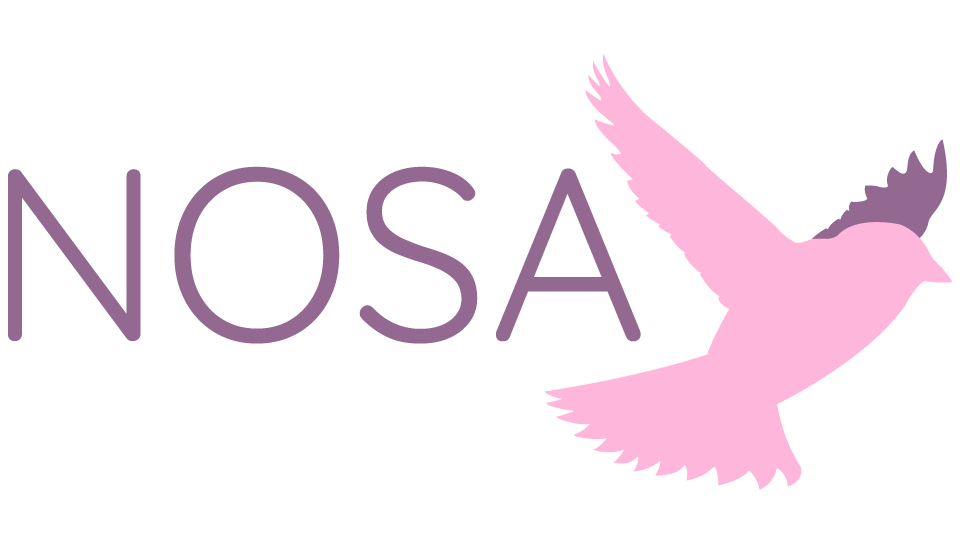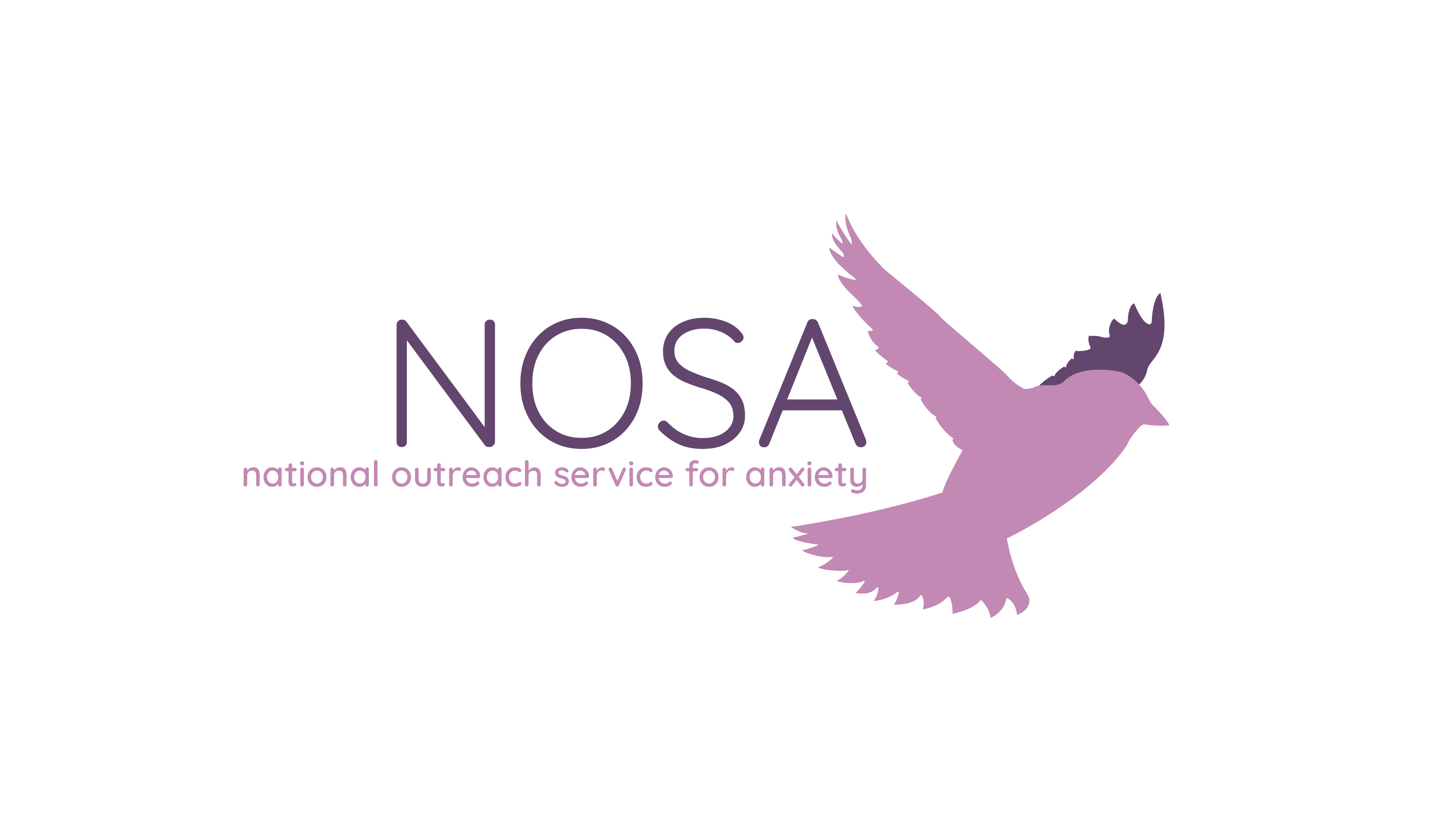Treating OCD with CBT:
What is an intrusive thought?

Understanding intrusive thoughts
The best way I can think to explain intrusive thoughts, is through a personal example. As a child, my family would regularly attend church on a Sunday morning. Whilst sat in the pews, listening to the service, I would often have the most distressing and peculiar thought pop into my mind! I’d think, what if I stood up, made a loud noise to get everyone’s attention and pulled my trousers down, exposing my manhood to everyone in attendance! This thought would be accompanied by a racing heart, sweating, and a feeling of heat rising up through my body, coming out through my throat! I’d start to panic inside; What did this thought mean? Why was I having this thought? This was the last thing I wanted to do, so why was I thinking it?
Intrusive thoughts are images and ideas that come into our mind uninvited. We have little control over them and everyone experiences them. They can be distressing and come in a variety of forms. So what is the difference between someone who has intrusive thoughts with OCD vs without? The answer is; people with OCD think their intrusive thoughts mean something. They question whether they are having the thought because they want to act on it and/or it represents something about them that is unacceptable. As a result, they get anxious and try to get rid of them. However, opposite from their intentions, this actually means they have more of these thoughts and so the problem gets worse.
How to overcome problems with intrusive thoughts
Intrusive thoughts can be extremely uncomfortable and when problems develop, it is not uncommon for people to feel hopeless. Fortunately, Cognitive Behvaioural Therapy (CBT) is an evidence-based treatment, which is very effective in helping people to overcome OCD. Here are some concepts and techniques, which will help you understand how it works:
1. Accepting that a thought is just a thought: a study by Purdon and Clark (1993), took a pool of 293 individuals, none of which had OCD, and asked them what intrusive thoughts they experienced. The results were very interesting! For example; 48% of females and 60% of males had thoughts of ‘having sex with an unacceptable person’. The headline is that intrusive thoughts are normal. We need to accept that they are just thoughts. You can find the full results here:
https://www.octc.co.uk/wpcontent/uploads/2020/05/ocdonlineappendicesapril20th.pdf
2. Don’t try to push the thoughts away: If I tell you not to think of a pink elephant, what happens? That’s right, you think of a pink elephant. This is an example of how thought suppression doesn’t actually work. The more we try not to think of something, the more we think of it. Another strategy is to accept that we will have these thoughts, observe them and wait for them to go away on their own accord.
3. Anxiety will decrease over time: accepting your intrusive thoughts will probably also mean feeling anxious, distressed and/or uncomfortable. Have faith: the more you experience these feelings, the less intense they will become. It is a scientific rule that if nothing bad happens and you sit with your anxiety for a prolonged period of time, it will decrease over time. You need to face your fears and tell yourself ‘I can cope’!
Intrusive thoughts can be distressing and worrying. However, they do not hold meaning; thoughts are just thoughts! If you find yourself struggling with problems related to the topics discussed in today’s blog, consider contacting us at NOSA to get an assessment. We can make treatment recommendations and help you overcome these problems. CBT is an effective therapy for OCD and help is out there if you need it!














